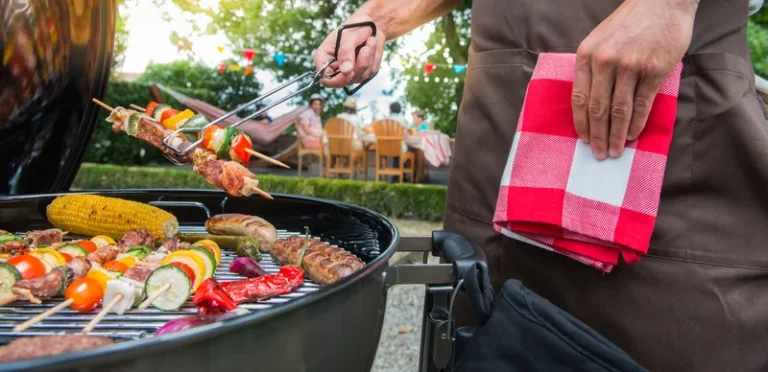
- Uncategorized
- November 2, 2023
- No Comments
Share your flood recovery stories at Pitt County’s community listening event

That’s only possible if you give them the uncut version of things. Take a moment to reflect on your recovery journey from your substance abuse problem. Consider the moments of despair, the challenges, and sharing your story in recovery the breakthroughs you had along the way. You might want to use journaling prompts or create a list of topics to cover.

Share
- It helps to raise awareness about the challenges faced by those in recovery.
- There will be people hearing your story who may be far more interested in learning how to deal with life’s problems in recovery than they are in hearing a fantastical success story.
Read on to learn other ways that sharing your recovery story benefits your own recovery. Online platforms for sharing recovery stories are https://ecosoberhouse.com/article/meditation-for-addiction-recovery-methods-and-techniques/ built on hope, education, and connection. They offer individuals in addiction recovery a source of hope by showcasing stories of successful triumphs. Reading these stories helps create optimism and a belief that recovery is possible.

Recovery Stories and AA
Through self-reflection, readers can gain valuable life lessons and coping skills, as well as establish supportive networks. Alcoholics Anonymous (AA) is a program that helps individuals struggling with alcohol addiction. Storytelling plays an important role in supporting members’ sobriety.
- We have the power to change our story and write a new chapter.
- Sharing your recovery story breaks through that isolation by offering a sense of community and understanding.
- Sharing your personal story of recovery from addiction carries a very powerful and positive message.
- Telling your story can help your own recovery journey, heal the hurt your loved ones have experienced, and offer encouragement and support to others battling addiction.
How can sharing your story inspire and provide hope for individuals struggling with addiction?

Sharing stories also creates support in recovery communities and among those starting their journey to sobriety. The power of storytelling lies in its ability to entertain, teach lessons, reinforce recovery and remind people that they are not alone in their struggles. Sharing personal stories has the power to evoke an emotional connection, and even alter the attitudes, behaviors, and actions of readers. Not only can rehab centers and treatment programs use storytelling as a marketing tool, but it can also be beneficial on an individual level. One thing that people often ignore is the therapeutic advantages of sharing recovery stories.
- Otherwise, you risk running too long and never getting past the story of your addiction.
- Find what is notable and how it relates to your personal experience of addiction.
- Many individuals struggling with addiction face significant barriers when it comes to seeking treatment.
- You don’t want to get up there and over-glamorize your days of addiction to the point that it triggers someone.
- It’s not just limited to AA but also to online platforms that promote hope, education, and connection.
Advocacy vs. the Addiction Stigma
You do not have to tell all of your story and you don’t have to answer questions you do not want to answer. If you have been asked to share your personal story consider how it will be used and for what purpose. It’s important to know that sharing involves both talking AND listening. There are also many benefits that come with listening and being receptive to the stories of others in recovery. Getting into the nitty gritty of our stories is hard when we have to highlight the stuff we did for addiction. From beginning to end, our stories can even surprise ourselves.
